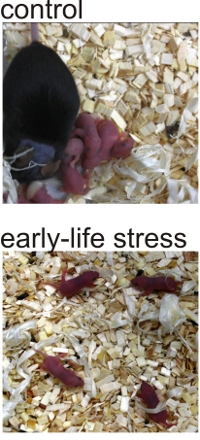 |
Psychiatry, Munich |
**__Related stories:__***linkurl:Epigenetic suicide note;http://www.the-scientist.com/2009/08/1/18/1/
[August 2009]*linkurl:An epigenetic inheritance;http://www.the-scientist.com/blog/display/55342/
[19th January 2009]*linkurl:Epigenetics: Genome, Meet Your Environment;http://www.the-scientist.com/article/display/14798/
[5th July 2004]




















